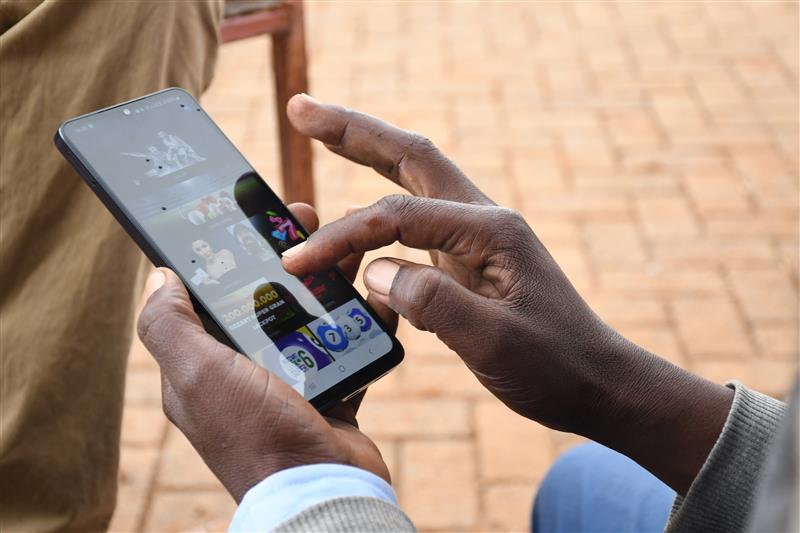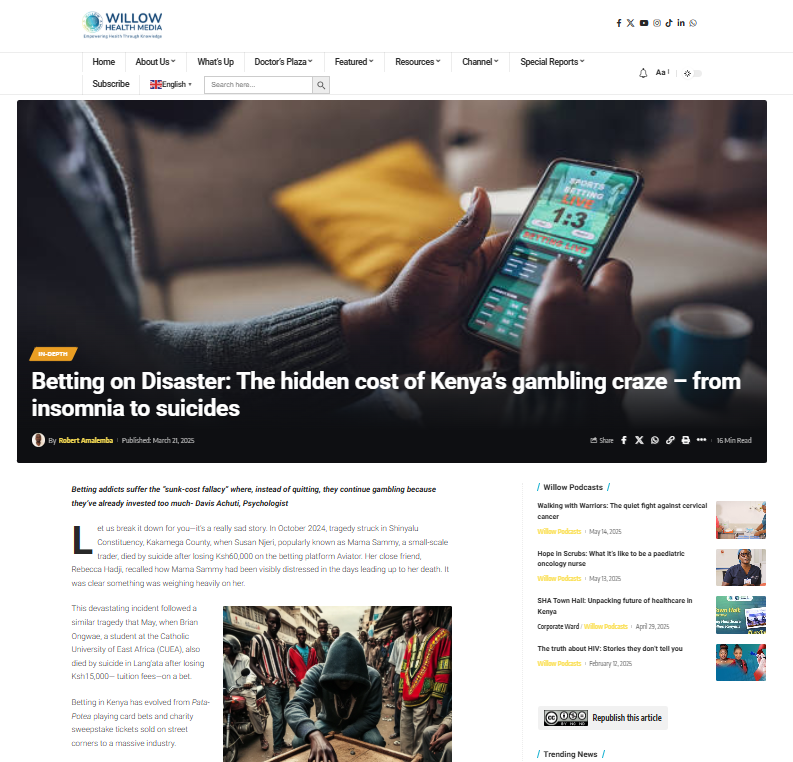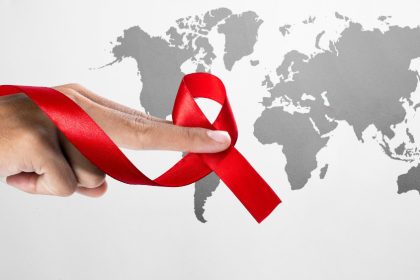For 30 days, gambling ads are blacked out—no TV, no radio, no billboards, no social media hype, even influencers have a total media blackout.
In a bold step to tackle the rising toll of gambling and betting, the Government of Kenya has imposed a 30-day suspension on all gambling-related advertisements, starting April 29, 2025. The directive was issued by the Betting Control and Licensing Board (BCLB) in response to escalating socio-economic and mental health concerns, especially among the youth and vulnerable populations, said BCLB Chairperson, Dr Jane Mwikali Makau.
The 30-day suspension includes a complete ban on advertising gambling or betting on TV stations, radio, newspapers, social media, SMS, influencer marketing, billboards and email campaigns.
The BCLB specifically raised alarms over the frequent broadcasting of gambling adverts between watershed hours of 5am to 10pm, which was meant to protect minors from exposure.
Dr Makau said the ban also includes “testimonials across all media platforms” that market gambling as a shortcut to wealth, a narrative that misleads, especially the youth and low-income earners.
But even before the government announced the ban in late April this year, in March 2025, Willow Health had already published an in-depth article on the negative impact of betting on society.
Titled, Betting on Disaster: The Hidden Costs of Kenya’s Gambling Craze- From Insomnia to Suicides, the article, among others, listed the mental health implications of gambling as including:addiction gambling (ludomania), insomnia, anxiety, stress, panic attacks, depression.
A 2022 study in the National Library of Medicine reported gambling-linked suicides, mostly among young men (16-40) in East Africa who lost money on soccer bets among the other devastating consequences.
A 2022 GeoPoll survey found 54 percent of Kenyan youth (18-35) gamble – with some studies showing kids as young as 13 betting. Football betting dominates, heavily promoted during English Premier League matches.
“Gamblers get stuck in a trap called the ‘sunk-cost fallacy’,” explained psychologist Davis Achuti of Oasis Hospital, in an earlier interview with Willow Health. “They keep betting to recover losses, even when quitting would help.”
Public health expert Dr Adolf Muyoti said fighting gambling needs a full approach: public education, mental health help, and stricter rules while sociologist Allan Odhiambo warned many addicts deny their problem due to shame and “This explains why so many suicide notes blame gambling debts” especially among young men.
The bulk of gambling and betting is via smartphones of which Kenya has a high and growing rate of penetration, making mobile betting feasible for a large portion of the population.
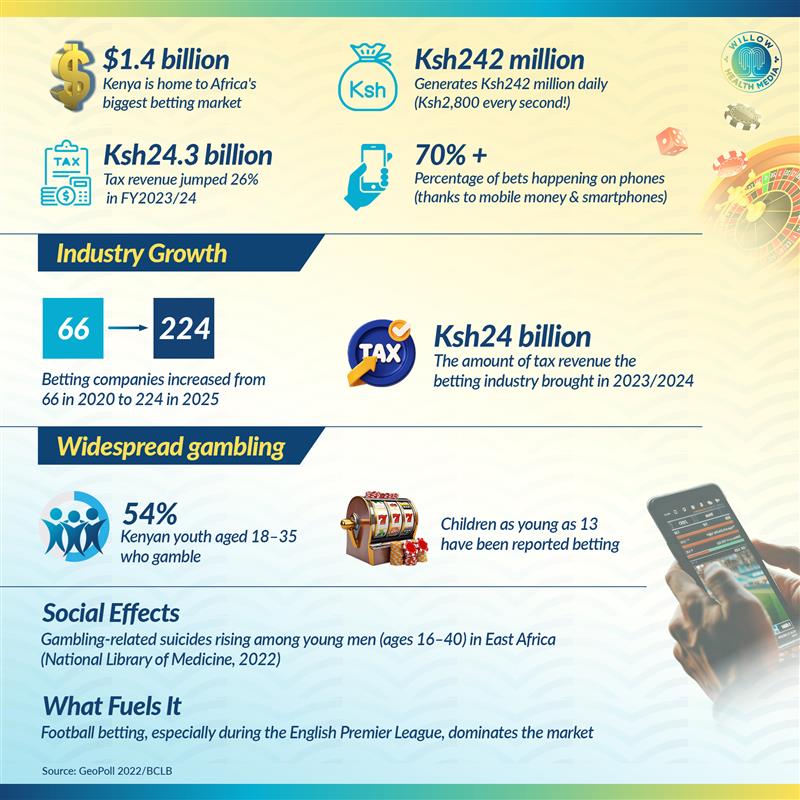
Gambling and betting have thus witnessed phenomenal growth in the number of firms entering the market while the government has continued to cream hefty revenues.
From 66 betting companies in 2020, the government has so far registered 224 betting companies by 2025 which cumulatively account for Ksh24 billion collected in taxes in the 2023/24 Financial Year, according to BCLB.
Dr Makau said the current crackdown is thus to “restore integrity in the sector” and ensure it is not a vehicle for exploitation.
Towards that end, all gambling adverts will be submitted to the Kenya Film Classification Board (KFCB) for vetting and approval in line with the Film and Stage Plays Act before they can be aired or published. Licensed operators must also follow strict gambling rules and laws—or risk losing their licenses.
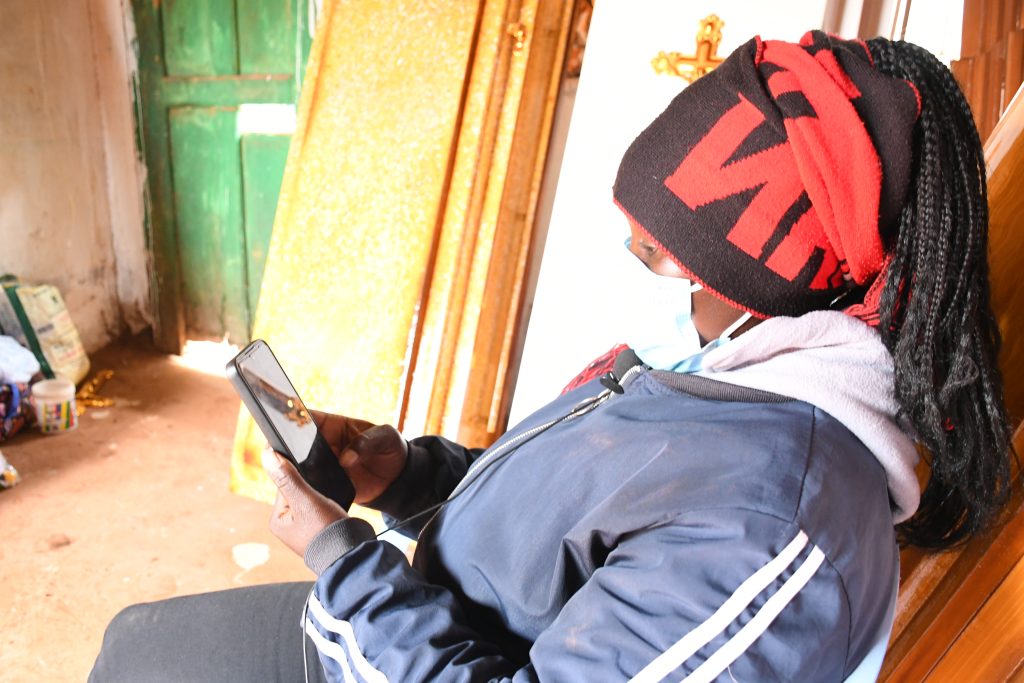
Already a new multi-agency team—including BCLB, Interior Ministry, Attorney General, DCI, KRA, Communication Authority, Kenya Film and Classification Board, Media Council of Kenya and Financial Reporting Centre—has been created to enforce gambling laws and fast-track the Gambling Control Bill 2023 which aims to strengthen regulatory oversight and close existing legal gaps.
The bill proposes key reforms: replacing BCLB with a powerful Gambling Regulatory Authority, granting stricter oversight (license suspensions, heavy fines), and closing loopholes in ads, online betting, and taxes to curb exploitation in Kenya’s booming industry.
The new Gambling Regulatory Authority will have stronger control over the entire industry, with power to investigate operators, suspend or cancel licenses and issue heavy finesfor violations.
The proposed bill introduces stricter measures, including a Ksh200 million security deposit for online gambling operators and the national lottery to ensure financial stability and prevent fraud, while also imposing tighter regulations on gambling advertisements—including potential restrictions during watershed hours—to complement the recent 30-day ad suspension.



